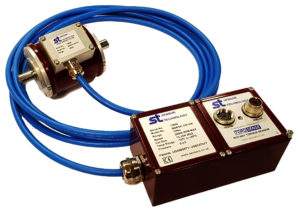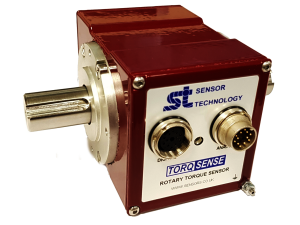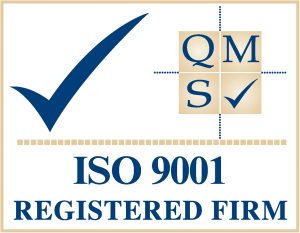![]()
 New for 2020 is the TorqSense Digital rotary strain gauge series (SGR) Transducers. With a separate electronics module, the transducers use non contact technology eliminating the need for noisy slip rings. The SGR530/540 series torque sensors are suitable for torque measuring, testing, feedback control of drive mechanisms and process control applications.
New for 2020 is the TorqSense Digital rotary strain gauge series (SGR) Transducers. With a separate electronics module, the transducers use non contact technology eliminating the need for noisy slip rings. The SGR530/540 series torque sensors are suitable for torque measuring, testing, feedback control of drive mechanisms and process control applications.
The SGR series transducers use modern strain gauge signal conditioning techniques to provide a high bandwidth low cost torque measuring solution with high overrange and overload capabilities.
If you require integral electronics, please see our SGR510/520 series transducers.
Key Benefits – SGR530/540 Torquemeter:
- Transducers from 175mNm to 13000Nm
- Large fully functional overrange capability of 250% (SGR540)
- Separate digital electronics
- Minimal side and end load errors
- Low linearity deviation of ± 0.05% FSD
- Low hysteresis error of ± 0.05% FSD
- Zero variation in torque signal with rotation (cyclic variation)
- Non contact signal transmission, no slip rings to wear out
- High digital sample rate of 4000 samples per second
- Adjustable torque data smoothness, low pass filter (SGR540)
- Speed measurement / Power computation
- Wide power supply range 12-32 VDC
- Compatible with ethernet gateway module
- Lifetime Warranty
TorqSense SGR530 Series transducers offer:
- Fixed voltage or current analog outputs (one for torque and the other for speed or power) for interfacing with analog instrumentation
- BIT Self-diagnostics for letting the manufacturer know that the transducers torque, speed ratings and calibration due date have not been exceeded
- Simple ‘Sensor status’ output pin
- Sensors to monitor shaft temperature for better compensation and accuracy
Whereas, TorqSense SGR540 Series transducers offer:
- Digital outputs such as RS232, CANbus and USB for interfacing with modern instrumentation and laptops
- Digital input for configuring transducer via PC
- 2 x user selectable voltage or current analog outputs (one for torque and the other for speed, power or peak torque) for interfacing with analog instrumentation
- Transducer configuration software to allow user to change transducer variables
- BIT Self-diagnostics for letting users know data is trustworthy, that the transducers torque, speed ratings and calibrated due date have not been exceeded
- Simple ‘Sensor status’ output pin
- Sensors to monitor shaft temperature for better compensation and accuracy
- Ability to connect up to 10 transducers using USB
- Optional external ethernet gateway module





